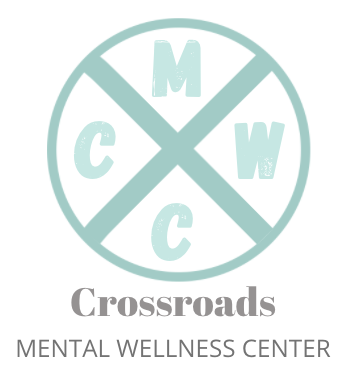Emotional Issues
Emotions, everyone has them, feels them, and usually is experiencing multiple at any given time. Emotions can vary from feelings of happiness, pleasure, to great sadness, confusion and everything in between.
Typically, late adolescence and into, or throughout, adulthood is when emotional issues may present. They arise when individuals have trouble regulating their emotions, and therefore their behaviors, around what they are feeling.
Here are some common emotional challenging people may be experiencing:
Suppressing Emotions– When a person does not want to feel or talk about their emotions. They either want to keep them bottled up or they don’t know how to let them out and express themselves.
Emotional Avoidance– Staying away from anything that may cause unpleasant feelings to arise. This may result in distancing oneself from others to avoid possible triggering events.
Emotional Dysregulation– Inability to self-regulate your emotions. Experiencing strong emotions for long durations without being able to get yourself in a good place, or what we call a baseline.
Misunderstanding their Emotions– Not understanding, or being able to pinpoint, what one is feeling in the moment. Sometimes experiencing extreme emotions may present themselves as physical aches or illnesses.
Counselors at Crossroads are here to help you find balance in your emotions. Each client will have a different starting point depending on their histories and perceptions. Our team of therapists are ready to partner with you to help get you to a heath mental state when it comes to recognizing and regulating your emotions.
SOCIAL MEDIA
Most people have unlimited access to social media whether by phone, tablet, computer, or another device. According to CNN, the average age a person acquires access to social media is 12.6 years old.
There are many pros to using social media; such as an increase in communication, wide support system, allows for creativity, and cross-cultural engagement to name a few. However, like with many other things, too much of a good thing can turn toxic.
With increased use of social media, studies are finding the following:
- Increased Lack of Sleep
- Increased Mental Health Issues
- Body Image Issues
- Fear of Missing Out
- Cyberbullying
- Increase self-harm and suicide rates
- Behavioral Addictions
- Decrease in Direct Person Communication
- Depression
- Anxiety
- Exposure to Grooming/ Traps
Finding balance and knowing your limitations is key when using social media. This is a unique area that individuals must come to understand and practice to maintain good mental health.
SELF-EXPLORATION & GROWTH
Self-exploration can be a lifelong process in which one is constantly seeking the answers to: Who am I? What is my purpose? What should I do with my life? Another phrase commonly used is Soul Searching.
At times, contemplating life and your purpose can be overwhelming and cause one’s mind to go down long spiral paths. To stay organized in your thoughts a few strategies to try are:
- Picture your ideal self
- Establish goals
- Try new things
- Journal and Reflect
- Identify your values and priorities
Self-exploration done in a healthy way is great, as it promotes growth. As one grows they are continually acquiring knowledge whether it be academically, socially, environmentally. With new growth and achievement, comes a new round of self-exploration and we may ask ourselves, what’s next?
If you need help reflecting on where you have been, and where you would like to go, reach out to one of our therapists at Crossroads. We wholeheartedly believe that life is a continuous journey, and “No one should have to journey alone.”.

